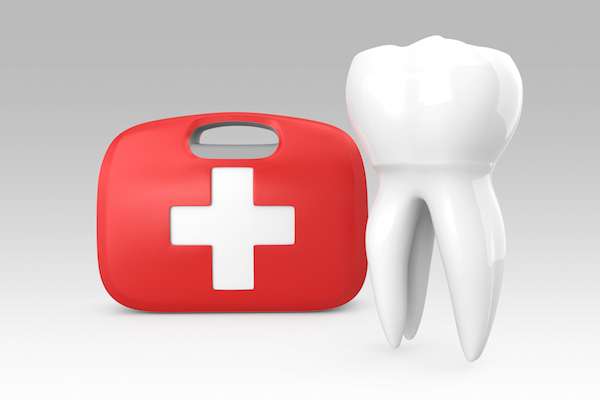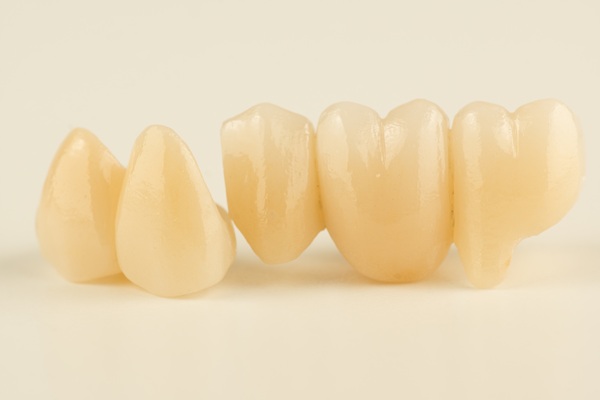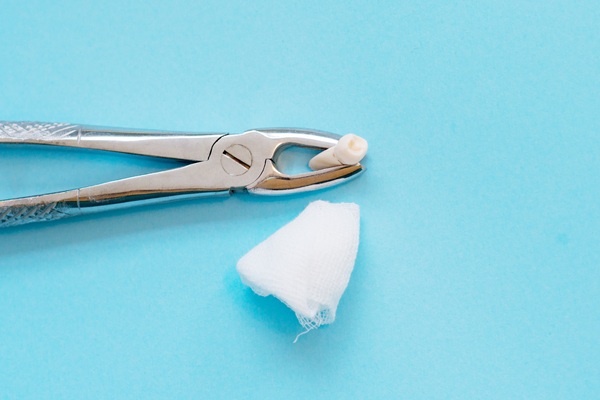Why You Should Avoid the ER for Emergency Dental Care
 Patients who are dealing with severe dental issues may think they should go to the ER for emergency dental care. This, however, is often ill-advised, as it may not be helpful in providing the proper treatments needed and can result in other problems arising.
Patients who are dealing with severe dental issues may think they should go to the ER for emergency dental care. This, however, is often ill-advised, as it may not be helpful in providing the proper treatments needed and can result in other problems arising.
Why emergency dental care isn’t a job for the emergency room
The following are a couple of reasons why patients should not go to an emergency room to try to receive dental care.
1. Limited treatment options
Emergency room doctors are often unable to provide much help for patients who are in need of emergency dental care. A dentist is the only professional who has the training to perform procedures such as pulling teeth or filling cavities. It is highly unlikely for an emergency room to have a dentist available on call. ER physicians are only able to prescribe painkillers to temporarily numb the pain and antibiotics to treat any infection that may be present. Neither of these solutions are a permanent fix to an emergent issue.
2. Astronomical costs
Many patients are unable to afford insurance and therefore cannot go to the dentist for routine cleanings and exams. This can result in those with issues such as pain, abscesses, severe toothaches and bleeding gums to ignore the problem and forego immediate dental care until it eventually becomes a serious and unbearable emergency. A visit to the emergency room is extraordinarily costly and typically results in a large bill and a referral to a dentist for treatment. A dental visit would typically cost less than a visit to an ER and allow for more targeted treatment of the problem.
How to avoid the need for emergency care
There are a few simple solutions for patients to follow to avoid emergency dental issues. Patients should practice proper dental hygiene procedures, such as brushing and flossing teeth twice a day, to preclude any complications from arising. Preventative care is also important; regular exams can catch dental problems quickly to stop them from turning into emergencies.
Patients should never ignore any pain. It is the body’s way of saying something is wrong, and ignoring such an issue can cause additional problems and more pain in the future. Those who are experiencing tooth or gum pain should contact a dentist as soon as possible. Waiting for too long can result in further issues that are likely to require more involved treatments.
Check out what others are saying about our dental services on Yelp: Emergency Dental Care in San Francisco, CA.
Conclusion
For many oral-health related issues, going to an emergency room for dental care is not advisable. Due to issues such as high costs and limited treatment options, patients needing emergency dental care should instead schedule a visit with a dentist as soon as possible. It is also important for patients to avoid the need for emergency care by practicing proper oral hygiene as well as scheduling routine exams. Preventative care can help avoid a lot of pain and dental issues as well as save a considerable amount of time and money.
Request an appointment or call Serenity Dental Spa at 415-376-6196 for an appointment in our San Francisco office.
Related Posts
A dental bridge can provide a stable, natural-looking solution when one or more teeth are missing and a full denture feels unnecessary or uncomfortable. This treatment supports neighboring teeth, restores bite function, and improves confidence in everyday interactions. A bridge also helps protect long-term oral health by preventing neighboring teeth from drifting out of place.…
Wisdom tooth extraction is a common dental procedure to remove the third molars. These teeth typically emerge between late adolescence and early adulthood. While some individuals experience no issues and keep their wisdom teeth, others encounter pain, infection, or misalignment as these teeth develop and begin to erupt. Knowing the signs that indicate the need…
Dental crowns come in a range of material options, including zirconium and porcelain. These materials vastly increase the aesthetics and reliability of dental crowns as compared to past alternatives. Regardless of the material, most dental crowns look and work well. However, there are some significant variations between these options to be aware of. This article…


